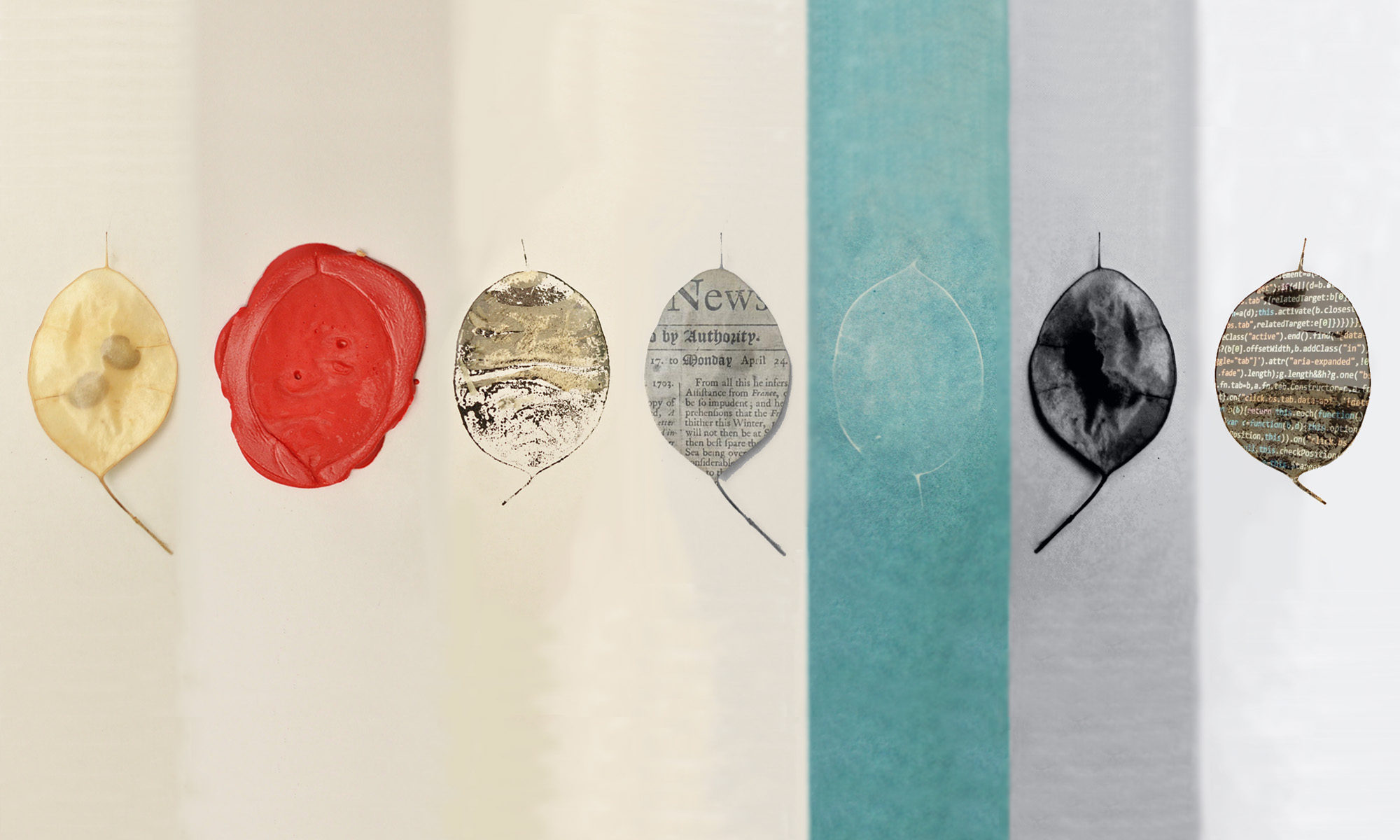Art/Poetry Workshop: ‘Broken Telephone’
Guided by Fran Rothwell Hughes and Patrick Wright
The art and poetry workshop during the 2019 conference explored the notion of what constitutes a ‘truthful’ representation of an object or thing. The activity involved a more sophisticated version of the game known as ‘Broken Telephone’ or ‘Consequences’. In small groups, participants were encouraged to write poetic descriptions (ekphrases) of various everyday objects provided by the conference committee, without including the names of those objects. These poetic descriptions were then swapped between participants and the original objects hidden. Using only the description given to them, participants then drew an image based on the written word. These images then provided the inspiration for further set of poetic descriptions and the object translations continued.
At the end of the session, each object was translated multiple times through words and images, creating a beautiful, jointly-made artwork revealing the complex process of information transmission. Some of the ‘translations’ are displayed here in a genealogical format. A peg became a corkscrew, whilst a kitchen weight became a mythical suit of armour. A teazel was rendered as some kind of ethereal being and a rusted key was translated as a funerary monument. The first translations into poetic ekphrases were the most important for deciding the fate of the final outcome; it seems that once an unruly object was translated into recognisably ‘human’ cultural codes – be they formulaic metaphors or basic, child-like images – the translations became more consistent. The first and second images often had surprisingly common features, even though they were drawn by different hands. The workshop seemed to reveal how quick we are to resort to commonplaces or tropes in our production of texts and images, suggesting that however ‘objective’ we aspire to be as scholars, our communicative practices often fall back on established, culturally-made formulas. How might this affect the communication of ‘trust’ and ‘truth’ in our research?















